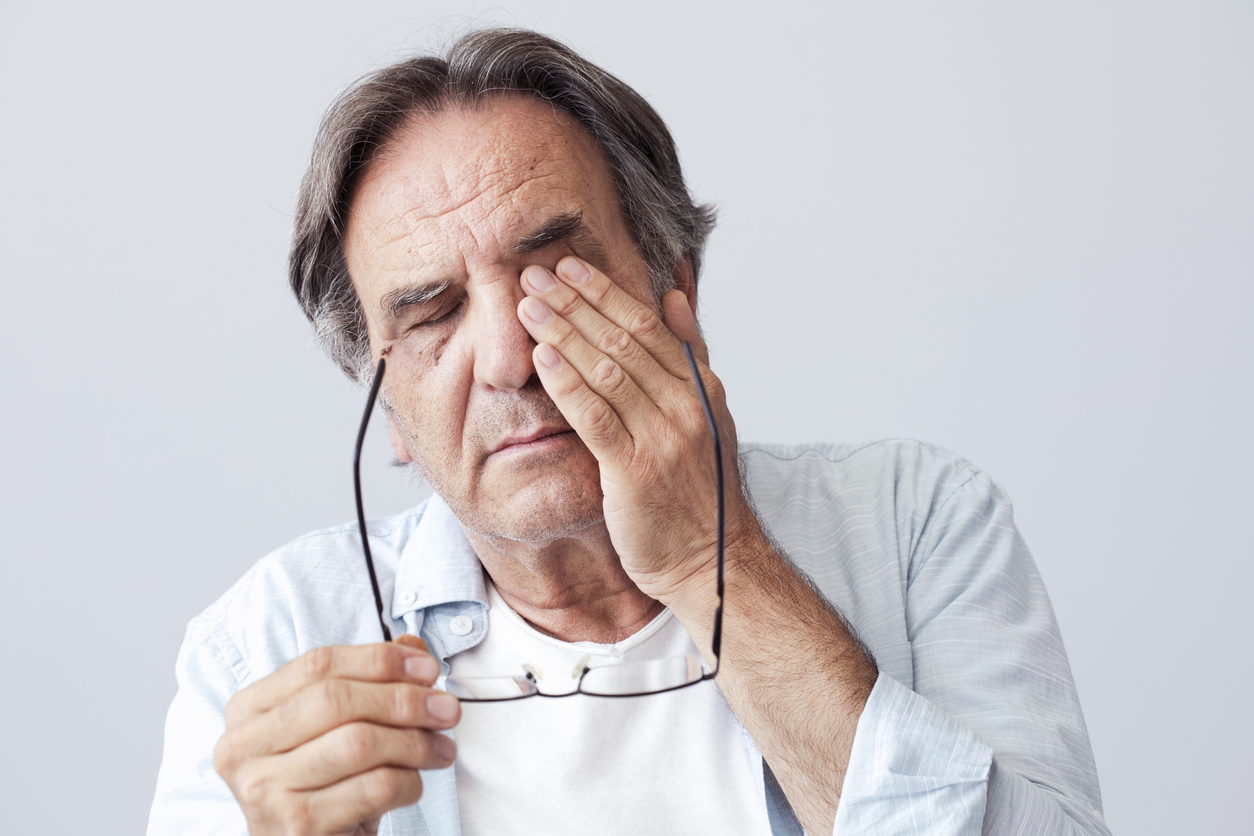Throughout history, alcohol drinking has been embedded in many of our social practices, from simply relaxing to celebrating and parties. While a couple of drinks now and again doesn’t cause too many issues, heavily and frequently drinking could lead some people down a dark path – alcohol abuse.
According to the Centers for Disease Control and Prevention (CDC), moderate drinking is having at most one drink a day for women and at most two drinks a day for men. If a person has trouble controlling their alcohol intake, perhaps drinking too much and too often, they could be struggling with an AUD or alcohol use disorder.
What is the difference between alcohol abuse and alcoholism?
Alcoholism and alcohol abuse (also known as alcohol misuse) both refer to harmful drinking patterns but are not the same. Although these terms are often used interchangeably, they have some notable differences.
People who abuse alcohol drink too much occasionally and often result in poor judgment and a negative change in behavior. Despite experiencing substance-related problems, they continue to drink.
The difference they have between people struggling with alcoholism is that they are not dependent on the substance. People who deal with alcoholism need the substance to get through their days.
According to the National Institute on Alcohol Abuse and Alcoholism (NIAAA), more than 14 million people aged 18 years old and older had an AUD. No matter the severity of their situation, alcohol use disorders (AUD) can lead to serious health issues, whether physical, mental, emotional, or social. These consequences are not only disrupting their lives but can also lead to life-threatening situations.
What are the signs of alcohol misuse?
Abusing alcohol is not as severe as alcoholism, but it is a progressive condition that may lead to more severe issues.
It may be difficult to recognize if someone has a drinking disorder. Knowing and understanding the signs of substance abuse can be the line between addiction, acknowledging the problem, and seeking help.
Some of these symptoms are also an effect of excessive alcohol intake.
Physical symptoms
— Need an increase in drinks to get the desired effect
— Spending a lot of time dealing with alcohol-related situations, such as drinking and being hungover
— Drinking longer and more than planned, despite alcohol-related problems and the concerns of people around them
— Slurred speech
— Gaps in memory
— Frequent blackouts
— Neglecting personal hygiene
— Withdrawal symptoms when not drinking (e.g., shakiness, nausea, heart racing, trouble sleeping, and restlessness)
— Stomach complications (e.g., ulcers)
— Slowed reactions and reflexes
— Hands and feet feeling numb
Several of the mentioned signs of alcohol misuse can potentially endanger one’s life. For example, because of slowed reactions due to high alcohol consumption, the person is at risk for many accidents, like car crashes, falling, tripping, and running into objects.
How does drinking too much alcohol affect your body?
Besides the aforementioned physical signs, alcohol can damage almost every organ system in the body. Long-term alcohol drinking compromises an individual’s health and increases the risk of serious complications. Health issues associated with alcohol include cancer, liver damage, osteoporosis, and a weakened immune system.
Behavioral and psychological symptoms
- Frequently thinking about and trying to quit but failing
- Feeling guilty about drinking
- Problems at home, work, or in school
- Quitting or cutting back on activities to make time for drinking
- Depression
- Anxiety
- Irritability
Many people with an existing mental health concern turn to drinking to alleviate their problems. However, alcohol actually intensifies anxiety and depression. So, the people who love them notice their mental and emotional changes when they drink too much.
Excessive alcohol consumption also makes drastic changes to an individual’s lifestyle. The person might skip school to drinking, resulting in low grades. Adults could be performing poorly in their job because of the effects of alcohol. Their drinking might be causing troubles at home too.
Not seeking help for alcohol abuse might lead to alcoholism. This is because the more they drink, they develop a tolerance and dependence on the substance.
What causes alcohol abuse?
Biological factors
In some cases, being related to someone diagnosed with a substance use disorder increases the risk of being diagnosed with the same or similar illness. The closer the relation they have to the diagnosed relative, the greater the risk of getting the same disease. However, genetics doesn’t guarantee a life of substance abuse.
Other mental health disorders
As mentioned earlier, people with anxiety and depression tend to turn to alcohol to cope with their conditions. But because alcohol worsens depression and anxiety, these people will drink more.
However, many individuals develop certain types of mental health disorders after alcohol misuse. While mental health conditions may lead to alcohol misuse, it’s more common for the opposite to occur.
Stress
It’s considered normal for adults to have a couple of drinks to unwind at the end of a stressful day or week. But if this becomes a recurring practice, they may develop a drinking disorder. This is especially common for adults with pressure-filled jobs, like lawyers and doctors. If they are constantly under stress, they will likely drink more often. But drinking due to stress can happen to anyone at any age.
Peer and media pressure
The way media depicts alcohol drinking as a normal way to destress is a significant factor in directing people’s behavior, especially from a young age. Consequently, these people will pressure their peers into being like them, and because of how media presents drinking, they will give in.
How can AUDs be treated?
Alcohol abuse is a serious disease, but luckily, it can be treated. The road to recovery from alcohol addiction is not a smooth one, but necessary for people to get better.
The treatment for AUDs centers on helping people cope without the substance and teach them how to control the disease. Typically, people under treatment completely quit drinking because moderate drinking poses some risks, such as relapse. Alcohol addiction and abuse recovery is often a lengthy process that involves a commitment to stay sober and practice healthier habits.
Part of the rehab program typically includes medications. Doctors will prescribe medications to reduce withdrawal symptoms. Some even help with quitting completely by preventing cravings or making the person feel sick when alcohol enters their system.
They will also go through therapy, group, and individual. Support groups are particularly helpful because, on top of getting professional help from a therapist, the person has a support system that understands what they’re going through.
We are here to help
If you need help or know someone battling substance abuse in Arizona and looking for an alcohol addiction treatment center, turn to Buena Vista Health and Recovery Center. You can contact us at (800) 922-0095, or go to any of our locations:
CAVE CREEK
29858 N. Tatum Blvd.
Cave Creek, AZ 85331
CHANDLER
3033 South Arizona Avenue
Chandler, Arizona 85248
TUCSON
5151 East Pima Road
Tucson, Arizona 85712
SCOTTSDALE
8171 E Indian Bend Rd
Scottsdale, AZ 85250





